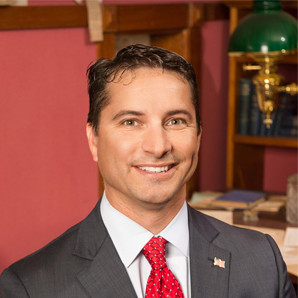A Recent Change In Underinsured Motorist ADR Law Could Impact Available Arbitration Defenses
By Attorney Steven J. Barber
Frequently civil matters proceed to resolution through various forms of Alternative Dispute Resolution (ADR). Commonly, parties agree to low/high parameters that control the risk for the respective parties. In certain circumstances, an Arbitrator may issue an award in excess of the available policy limit for the defendant. In those situations, the low/high parameter would operate to reduce that award to the high of the low/high parameter. If the resulting award exhausts that defendant’s policy limit, the plaintiff frequently will file a subsequent action seeking Underinsured Motorist Benefits (UIM) against his own insurer.
In defending such UIM suits, we have been successful in utilizing principles of offensive collateral estoppel to force a plaintiff to accept that portion of the award of the arbitrator above the policy limit of the defendant who proceeded to arbitration (if the UIM client finds that figure to be an acceptable award). See, Pickard v. State Farm; Docket No. CV-12-6007-327-S; Crespo v. State Farm; CV-07-5008265-S (Radcliffe, J. 5/28/08). Plaintiff’s have argued, unsuccessfully that they proceeded to arbitration with the intent only to exhaust that defendant’s policy limit and not to extinguish or limit any UIM claim.
Unfortunately, on June 11, 2014, Connecticut Governor Daniel Malloy signed Public Act 14-156 into law. This Act now appears to eliminate this defense argument.

